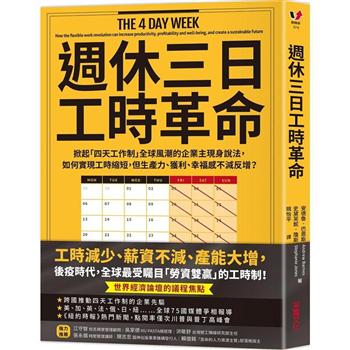In "Why the Purchase Clause of the act of July 14, 1890 (called Sherman law) Should be Repealed, and why Free Coinage of Silver Would be Unjust ..", Joseph Henry Walker presents a detailed argument concerning the economic and legal implications of the Sherman Antitrust Act and the proposed free coinage of silver. Published in 1893, this work offers a contemporary perspective on the debates surrounding monetary policy and antitrust legislation during a pivotal period in American history. Walker meticulously dissects the purchase clause of the Sherman Act, advocating for its repeal. He also argues against the free coinage of silver, asserting its potential to create economic instability and injustice.
This book provides valuable insights into the economic theories and policy considerations that shaped the late 19th century. It remains relevant for understanding the historical context of antitrust law and monetary policy in the United States.
This work has been selected by scholars as being culturally important, and is part of the knowledge base of civilization as we know it. This work was reproduced from the original artifact, and remains as true to the original work as possible. Therefore, you will see the original copyright references, library stamps (as most of these works have been housed in our most important libraries around the world), and other notations in the work.
This work is in the public domain in the United States of America, and possibly other nations. Within the United States, you may freely copy and distribute this work, as no entity (individual or corporate) has a copyright on the body of the work.
As a reproduction of a historical artifact, this work may contain missing or blurred pages, poor pictures, errant marks, etc. Scholars believe, and we concur, that this work is important enough to be preserved, reproduced, and made generally available to the public. We appreciate your support of the preservation process, and thank you for being an important part of keeping this knowledge alive and relevant.












